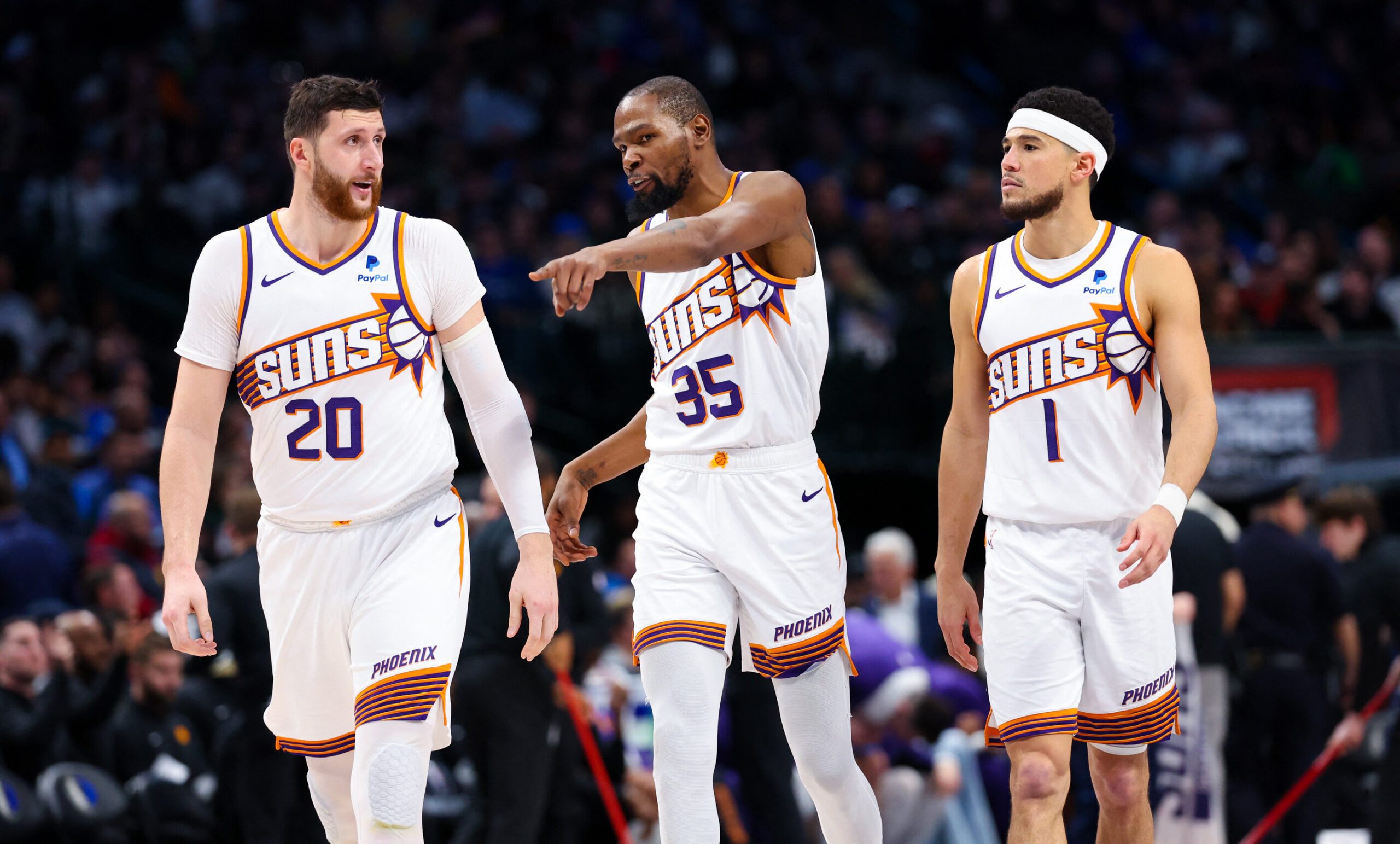
Following a swift exit from the playoffs, the Phoenix Suns face a pivotal offseason filled with crucial decisions and strategic moves. The first step has already been taken with the dismissal of head coach Frank Vogel and the hiring of Mike Budenholzer, a seasoned coach with a championship pedigree. This change marks the beginning of what promises to be an active and possibly transformative offseason for the Suns.
One of the Suns’ top priorities is the acquisition of a pure point guard to orchestrate their offense. The absence of a reliable floor general was glaring during their playoff series against the Minnesota Timberwolves, where the team’s offensive execution faltered under pressure. According to John Gambadoro of Arizona Sports 98.7 FM, Phoenix is intent on finding a point guard capable of playing at least 20 minutes per game.
“The conversations have been great, and there’s no doubt that we need to look at the whole roster and talk about the point guard,” Budenholzer stated, echoing this Gambadoro’s sentiment in his introductory press conference (per NBC Sports’ Kurt Helin).
This search for a point guard is not just a matter of preference but a necessity. The current roster lacks a player who can consistently manage the game, set up plays, and facilitate the dynamic scoring abilities of Kevin Durant, Devin Booker, and Bradley Beal.
A seasoned point guard would not only stabilize the offense but also allow the Suns’ star trio to focus more on scoring, rather than playmaking duties.
In addition to securing a point guard, the Suns are looking to add an athletic wing and a backup center. The departure of several key players and the underperformance of others during the regular season and playoffs has exposed these gaps in the roster.
An athletic wing would bolster their perimeter defense and provide additional scoring options, while a reliable backup center would offer much-needed depth in the frontcourt, especially to support Jusuf Nurkic.
However, addressing these needs is complicated by the Suns’ financial situation. The team’s payroll is already above the second apron, a threshold that significantly restricts their ability to make moves.
With the combined salaries of Durant, Booker, and Beal amounting to $150.7 million, and additional commitments to players like Nurkic, Grayson Allen, and Nassir Little, the Suns are facing a challenging cap situation. They also need to consider the re-signing of Royce O’Neale, further tightening their financial flexibility.
Given their position above the second apron, the Suns have limited avenues to improve their roster. They can only sign free agents willing to accept the league minimum, severely narrowing their options.
Rumors suggest that veteran guard Kyle Lowry is their top target, with Kris Dunn also being a potential candidate. Both players would bring experience and stability to the point guard position, albeit at a reduced cost.
Trade options are equally constrained. The Suns cannot aggregate players in trades, meaning any incoming salary must match or be less than the outgoing salary. This restriction makes it difficult to package players to acquire higher-salary targets, forcing the Suns to be creative and strategic in their approach. Identifying trade partners and potential deals that fit these criteria will be a complex task for the Suns’ front office.
Reflecting on the Suns’ Big 3’s Disappointment
Phoenix Suns guard Bradley Beal (3) and Phoenix Suns forward Kevin Durant (35) and Phoenix Suns guard Devin Booker (1) react while Minnesota Timberwolves celebrate during the second half of game three of the first round for the 2024 NBA playoffs at Footprint Center.
The disappointment of the Suns’ Big 3 this past season cannot be overstated. When Phoenix assembled the trio of Kevin Durant, Devin Booker, and Bradley Beal, expectations were sky-high. Fans and analysts alike anticipated a deep playoff run, with many considering the Suns as potential title contenders. However, the reality fell significantly short of these lofty expectations.
Throughout the regular season, the trio struggled to find consistent chemistry. Injuries and inconsistent performances plagued their campaign, leading to a record that was respectable but not indicative of a championship-caliber team. Despite flashes of brilliance, the Suns’ star-studded lineup often failed to synchronize their talents effectively on the court.
The playoffs, however, were where the true disappointment unfolded. Matched against a formidable Minnesota Timberwolves team in the first round, the Suns were unceremoniously swept. The series exposed numerous flaws, particularly the lack of cohesion and defensive weaknesses.
Durant, Booker, and Beal, while individually talented, were unable to carry the team through adversity. Their combined efforts were insufficient against a more balanced and resilient Timberwolves squad.
The sweep was a stark reminder that star power alone does not guarantee success in the NBA. The Suns’ failure to advance past the first round underscored the importance of team chemistry, depth, and effective role players—elements that were lacking despite the presence of their Big 3.
It also highlighted the need for a true point guard who could have provided the leadership and playmaking necessary to navigate the pressures of playoff basketball.
As the Suns look to the future, they must learn from the past season’s shortcomings. The potential is still there; Durant, Booker, and Beal remain among the league’s elite talents. However, the focus must now shift to building a more balanced and cohesive team around them. The addition of a true point guard, an athletic wing, and a backup center are steps in the right direction.
Mike Budenholzer’s leadership will be critical in this transition. Known for his ability to maximize player strengths and implement effective systems, Budenholzer will have the challenging task of molding this roster into a contender. His experience and strategic acumen will be invaluable as the Suns navigate their financial constraints and strive to improve their roster.
Ultimately, the Suns’ offseason moves will be crucial in determining whether they can rebound from this year’s disappointment. The success of their Big 3 experiment hinges on the ability to make smart, strategic decisions that complement their star players and address the glaring needs exposed during their playoff run.
If they can achieve this, the Suns may yet realize the championship potential that seemed so promising at the start of the season.

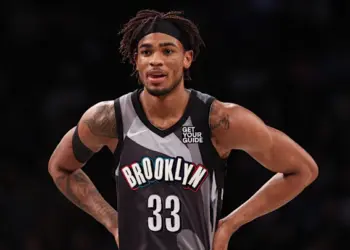
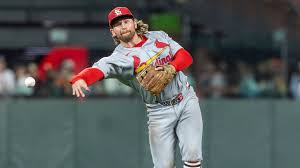
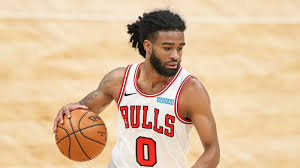

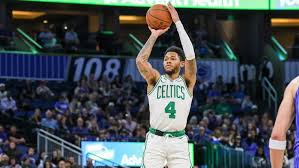
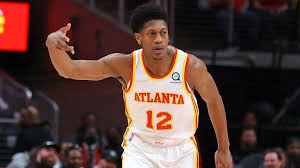

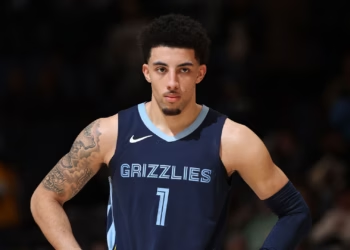


Discussion about this post